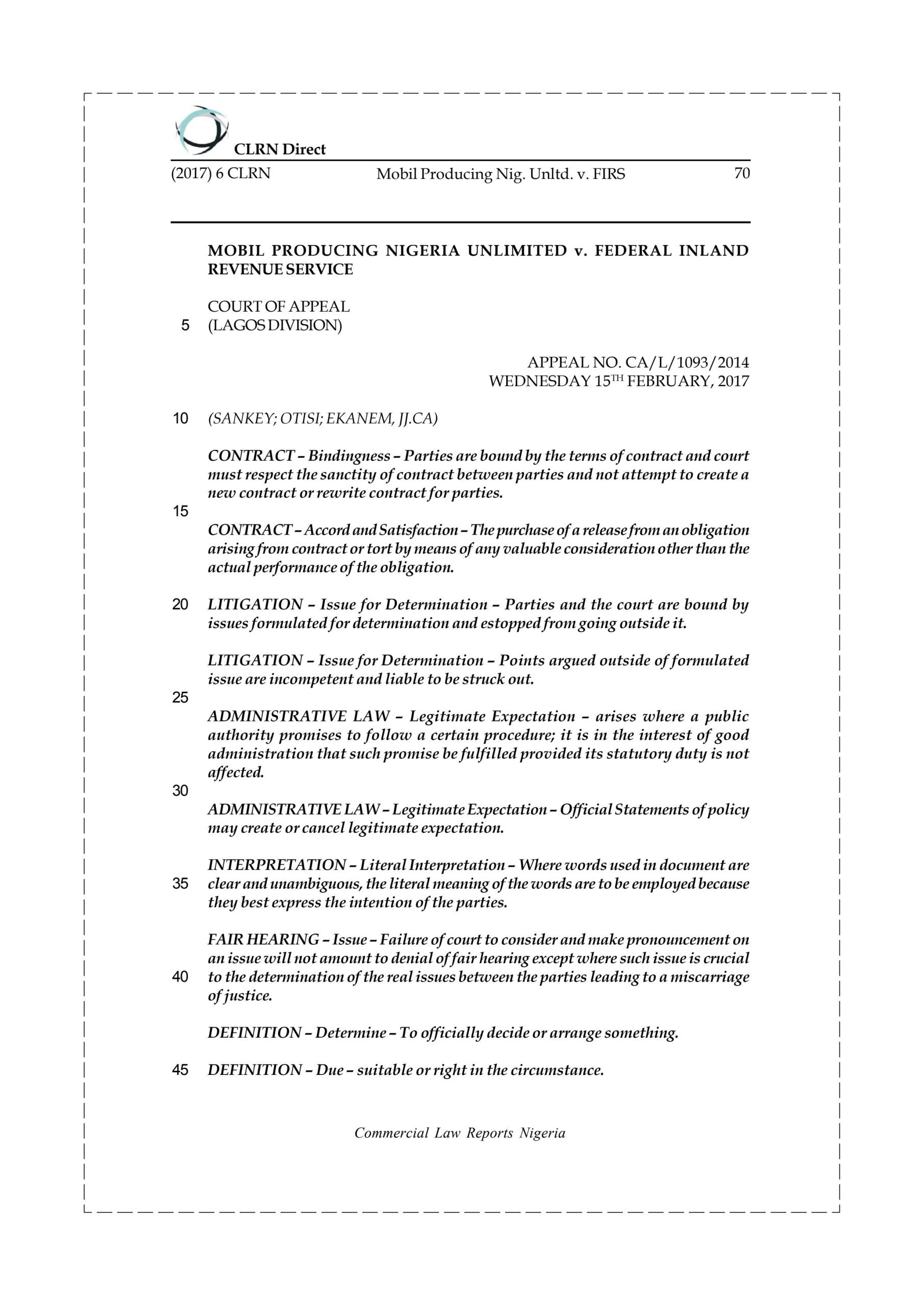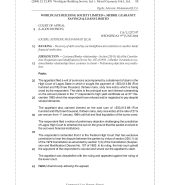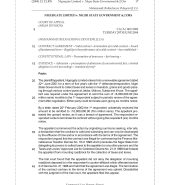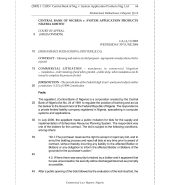-

CENTRAL BANK OF NIGERIA v. STALLIONAIRE NIGERIA LTD.
- kg
1 × ₦300
-

CLRN 2016 Index
- kg
1 × ₦40,000
-

Asset Resource Management Co. Ltd. v. Elizade Nig. Ltd. & Anor.
- kg
1 × ₦300
-

STANBIC IBTC HOLDING PLC v. FINANCIAL REPORTING COUNCIL OF NIGERIA & ANOR.
- kg
1 × ₦300
-

Alraine Shipping Agencies Nig. Ltd. Cross Marine Services & 12 Ors v. Nigeria Shippers Council & Anor.
- kg
1 × ₦300
-

First Bank of Nigeria Plc v. Funso Akinyosoye
- kg
1 × ₦300
Mobil Producing Nig. Unltd. v. FIRS
₦300
In Stock
Facts:
Facts:
The appellant, a company incorporated to engage in exploration of crude oil entered
into a memorandum of understanding (MOU) with the Federal Government of Nigeria
and the Nigerian National Petroleum Corporation in the year 2000. It was
incorporated in the MOU that the appellant will enjoy several fiscal incentives one
of which was that any tax paid by the appellant which is stated in the MOU, such
payments would be taken into account in its favour in the assessment and payment
of education tax for that year. In 2008, the appellant prepared its education tax
returns indicating that no education tax was payable by it on the ground that paid
several other taxes which acted as set off in line with the MOU. The respondent
whose duty it is to assess and collect tax revenue on behalf of the Federal
Government of Nigeria disagreed with the appellant and pursuant to its powers
assessed the tax obligation of the appellant for the year under review and stated
that the appellant’s tax obligation was US$83,414.793. The appellant objected to
the assessment and the respondent issued a notice of refusal to amend the
education tax notice issued to the appellant.
The matter was referred to the Tax Appeal Tribunal which ruled against and
dismissed the appellant’s appeal. The appellant was dissatisfied with the decision
of the Tax Appeal Tribunal and consequently, filed an appeal at the Federal High
Court, Lagos Division praying it to overrule the Tax Appeal Tribunal. The Federal
High Court dismissed the appeal of the appellant and upheld the decision of the
Tax Appeal tribunal. The appellant, feeling dissatisfied, filed an appeal at the Court
of Appeal, Lagos Division praying the court to set aside the judgment of the Federal
High Court.
The appellant contended that the MOU of 2000 was still operative and that the
agreement allowed it to set off the education tax against other payments. The
respondent however contended that the said MOU had ceased to be operative and
that a new tax regime had been put in






